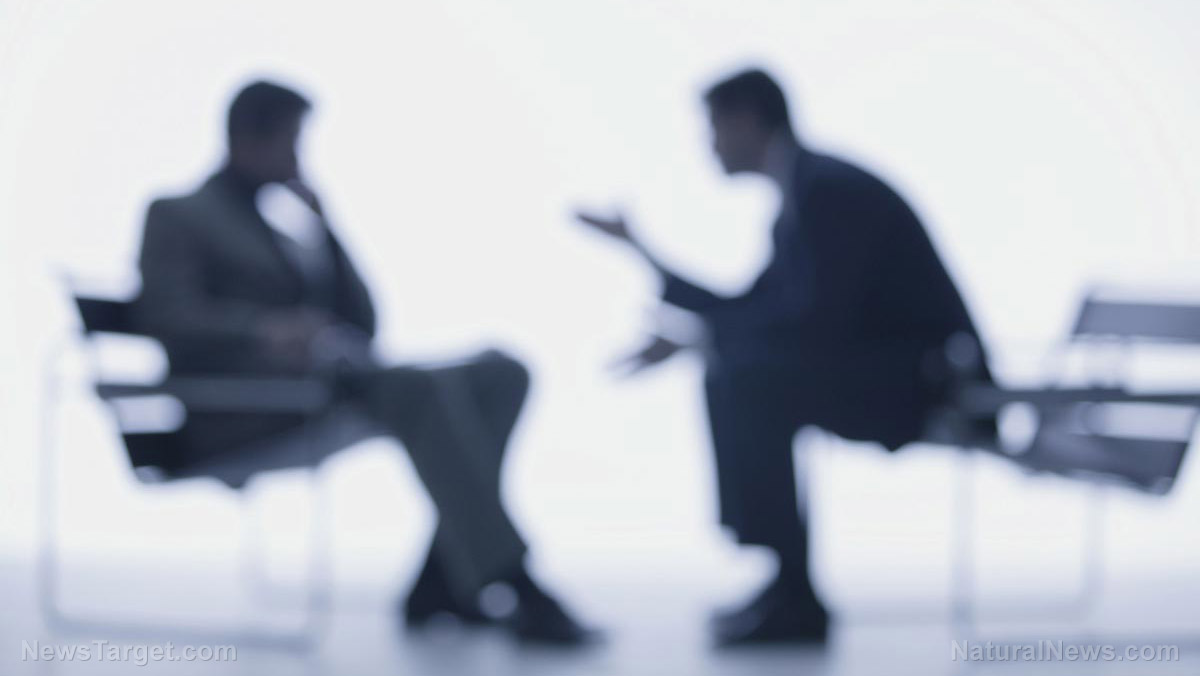RIGGED: Facebook blocks posts with hashtag calling for PM Modi’s resignation
05/12/2021 / By Ramon Tomey

Social media giant Facebook blocked posts with a hashtag calling for the resignation of Indian Prime Minister Narendra Modi. The suppression came amid a second wave of Wuhan coronavirus infections in India that has crippled the country’s healthcare system. Many have criticized Modi’s leadership due to the way he and other officials have responded to the pandemic.
Facebook blocked more than 12,000 posts critical of Modi and his Bharatiya Janata Party on April 28. Many Indian users noticed that posts with the hashtag #ResignModi were no longer visible, and search results for these returned a “temporarily hidden” message due to the content purportedly “going against Facebook community standards.” The social media site eventually restored the aforementioned post hours later.
The site later explained that the hashtag was removed “by mistake.” A Facebook spokesperson said in an email clarifying the incident: “We temporarily blocked this hashtag by mistake, not because the Indian government asked us to, and have since restored it.” In a Twitter exchange, Facebook Policy Communications Director Andy Stone confirmed that the #ResignModi posts have been put back up. “This hashtag has been restored and we are looking into what happened,” he tweeted in reply to NBC News Editor Olivia Solon who pointed out the block.
Facebook periodically blocks hashtags for a myriad of reasons – with some based on manual guidelines and some others based on automated ones. According to the spokesperson’s email, the block stemmed from associated content in posts with the hashtag and not the hashtag itself.
Hours after the posts were restored, the Indian Ministry of Electronics and Information Technology issued a statement saying that there was no such instruction to block any hashtag. The statement said that a “story attributing removal of [a] certain hashtag by [Facebook] … to curb public dissent is misleading on facts and mischievous in intent. The government hasn’t issued any direction to remove the hashtag, [and Facebook] clarified it was removed by mistake.”
The suppression came in light of India’s second wave of coronavirus infections
Facebook’s hours-long block followed public outrage over how Modi and his government responded to the pandemic. Indians have pointed their fingers at Modi’s government for permitting large crowds to gather for religious festivals and election rallies. These mass gatherings in various parts of the country saw millions of people in attendance – which became coronavirus super-spreader events. (Related: SUPPRESSED: Facebook censored over 100 million posts for so-called coronavirus “misinformation.”)
It also occurred amid the Indian government’s efforts to stem content critical of the current Indian leadership. The south Asian country’s parliament established new rules calling for Big Tech firms to take down so-called “unlawful content” as soon as possible. Meanwhile, Twitter defended its moves by saying that it reviews all valid legal requests it receives under the company’s guidelines and local rules.
The platform helmed by Jack Dorsey complied with the Indian government’s new rules, starting with a suspension spree in early 2021. It permanently banned more than 500 accounts and block access to hundreds of other users in India. It did so in compliance with government order to stop the spread of “misinformation and inflammatory content” related to farmer protests that occurred in the country.
Later, the Indian government ordered Big Tech social media firms to block or restrict posts in relation to the COVID-19 pandemic. It argued that misinformation spreading on social media risked triggering a panic and disrupted efforts to keep the spread of the Wuhan coronavirus under control. Just like the earlier instance, Twitter complied with the requests.
However, no amount of suppression and blocking will conceal the grim situation in India. A fresh wave of coronavirus infections have hit the country, attributed to the mutant B1617 and B1618 coronavirus variants circulating there. Medicines, oxygen cylinders and hospital beds are now in short supply – with Indians taking to social media to seek help. (Related: Coronavirus cremations in India suggest death count possibly 10 times higher.)
The most recent wave also saw record highs in the Hindu-majority country’s new daily case count. A report by NBC News said India closed off the month of April with a record-breaking 386,452 new infections on April 30. The figures for that day surpassed infections from days prior – and the U.S’s highest single-day count of 297,430 new infections.
Based on data by Johns Hopkins University, India currently has a total of 19.9 million COVID-19 cases with 16.3 million recoveries and 218,959 fatalities.
Visit FacebookCollapse.com to read more news about the social media site’s censorship during the ongoing pandemic.
Sources include:
Tagged Under: biased censorship, Big Tech, community standards, coronavirus infections, covid-19 pandemic, Facebook, government response, India, Narendra Modi, second wave, Social media, Twitter, Wuhan coronavirus
RECENT NEWS & ARTICLES
COPYRIGHT © 2017 BigTech.news
All content posted on this site is protected under Free Speech. BigTech.news is not responsible for content written by contributing authors. The information on this site is provided for educational and entertainment purposes only. It is not intended as a substitute for professional advice of any kind. BigTech.news assumes no responsibility for the use or misuse of this material. All trademarks, registered trademarks and service marks mentioned on this site are the property of their respective owners.





















